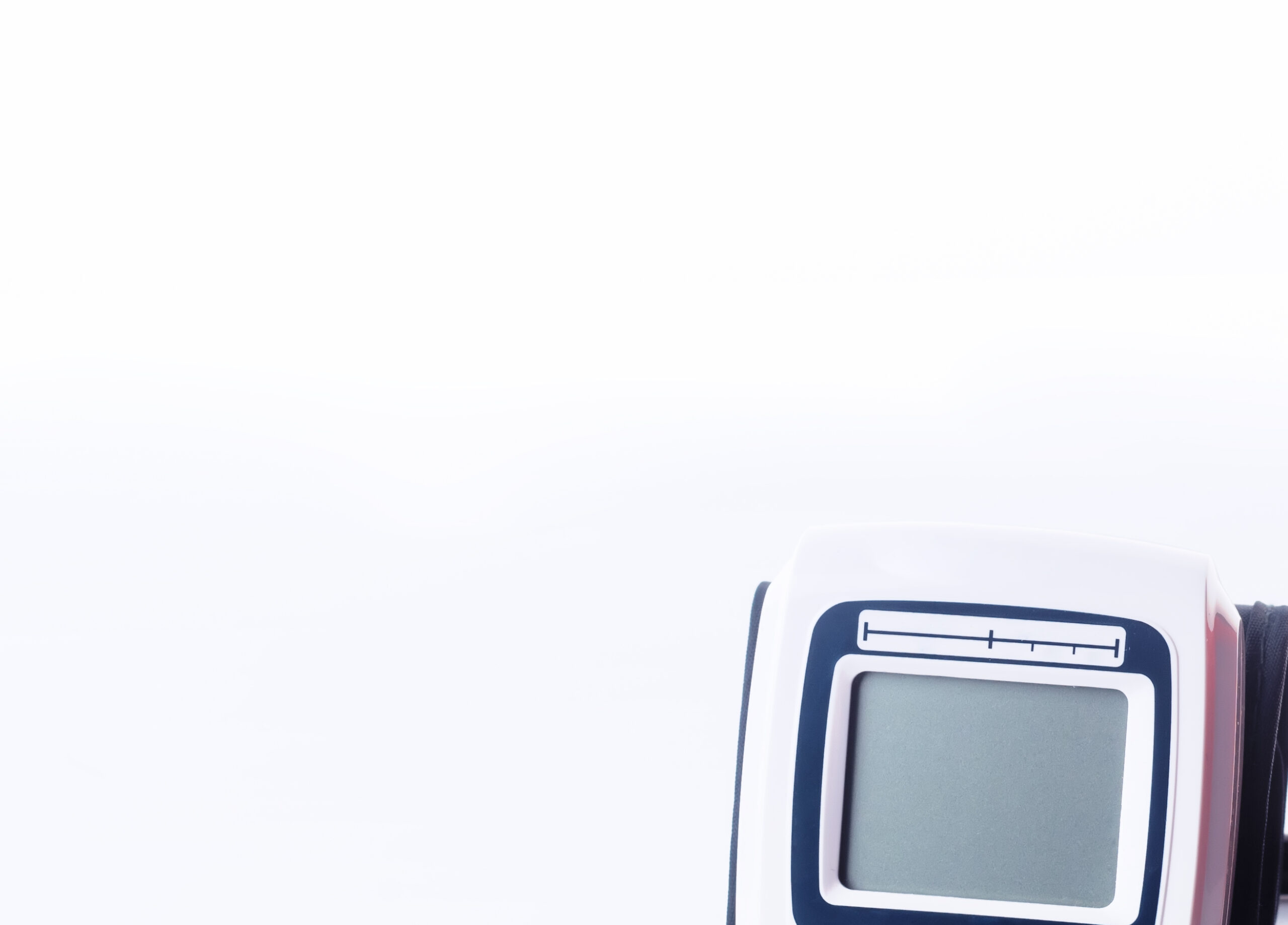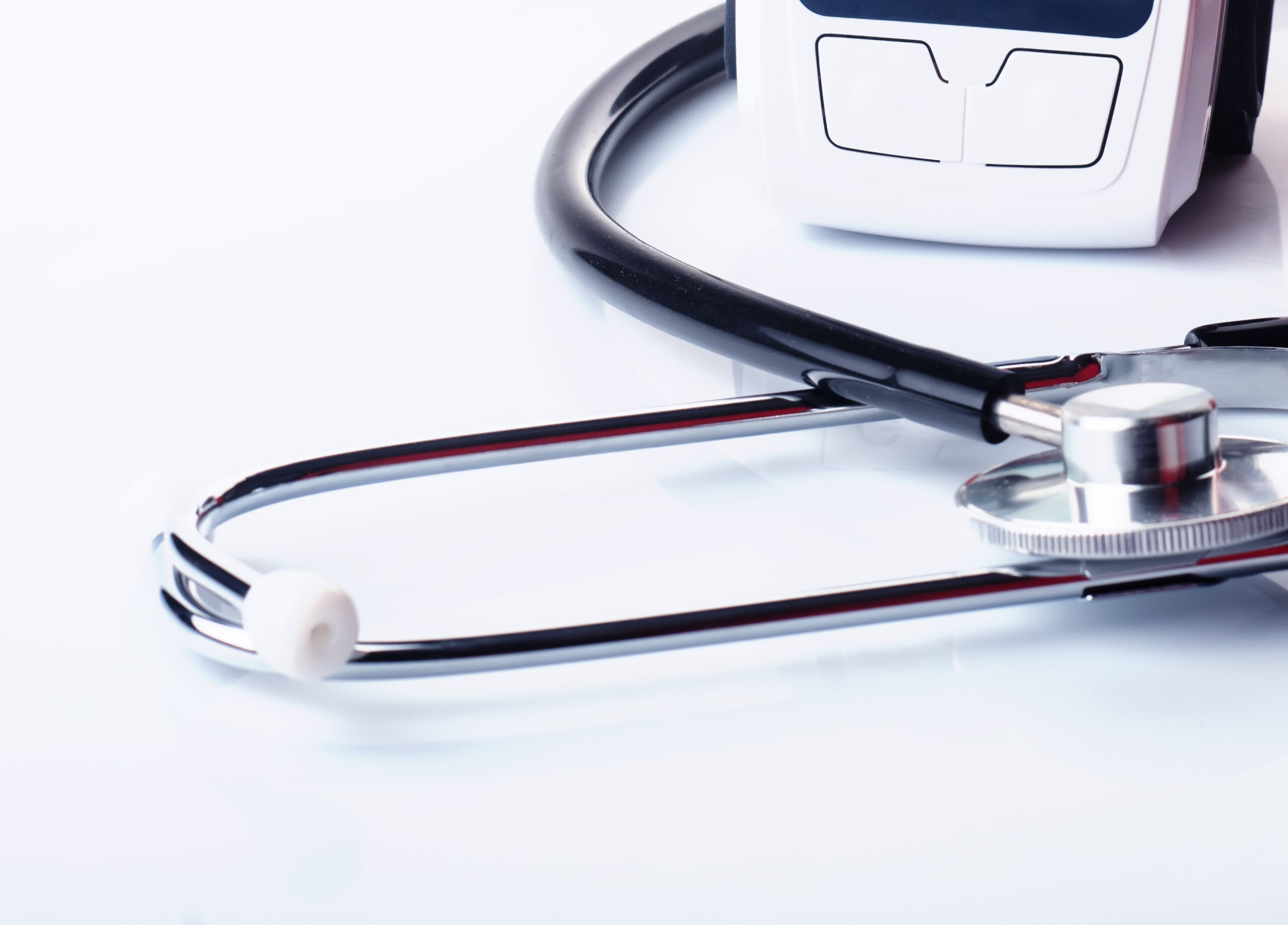Ambulatory Blood Pressure Monitoring is when your blood pressure is being measured as you move around, living your normal daily life. It is normally carried over 24 hours.
Ambulatory Blood Pressure Monitoring is when your blood pressure is being measured as you move around, living your normal daily life. It is normally carried over 24 hours.
Purpose of 24-hr Blood Pressure Monitor
A one-time blood pressure measurement in a doctor’s office or clinic setting is often not enough to confirm whether or not your blood pressure is too high or even, in some cases, too low. If your doctor suspects that you have hypertension or other blood pressure problems, he or she may refer you for ambulatory blood pressure monitoring.




Purpose of 24-hr Blood Pressure Monitor
An ambulatory blood pressure monitor is a portable blood pressure recording device. It is used to record blood pressure readings at specified times during a 24-hour period. The monitor consists of an arm cuff attached by a flexible rubber tube to a light-weight monitor. The monitor sits in a pouch held by a waist belt or shoulder strap. This test is usually ordered if a diagnosis of high blood pressure (hypertension) is suspected.
A one-time blood pressure measurement in a doctor’s office or clinic setting is often not enough to confirm whether or not your blood pressure is too high or even, in some cases, too low. If your doctor suspects that you have hypertension or other blood pressure problems, he or she may refer you for ambulatory blood pressure monitoring.
You will be given a form to keep a diary of:
- Your symptoms
- Events such as vigorous activity
- Any stressful episodes
- The times and dosage of any prescription medications you are currently taking
- The time you go to sleep throughout the monitoring period
At the end of the 24-hour period, turn off the monitor and bring it back to the clinic. The recorded data will be reviewed by a specialist and a report will be sent to your doctor within 1-3 business days. Your doctor will discuss the results with you.

You will be given a form to keep a diary of:
- Your symptoms
- Events such as vigorous activity
- Any stressful episodes
- The times and dosage of any prescription medications you are currently taking
- The time you go to sleep throughout the monitoring period
At the end of the 24-hour period, turn off the monitor and bring it back to the clinic. The recorded data will be reviewed by a specialist and a report will be sent to your doctor within 1-3 business days. Your doctor will discuss the results with you.

© Advanced Cardiology. All right reserved.

